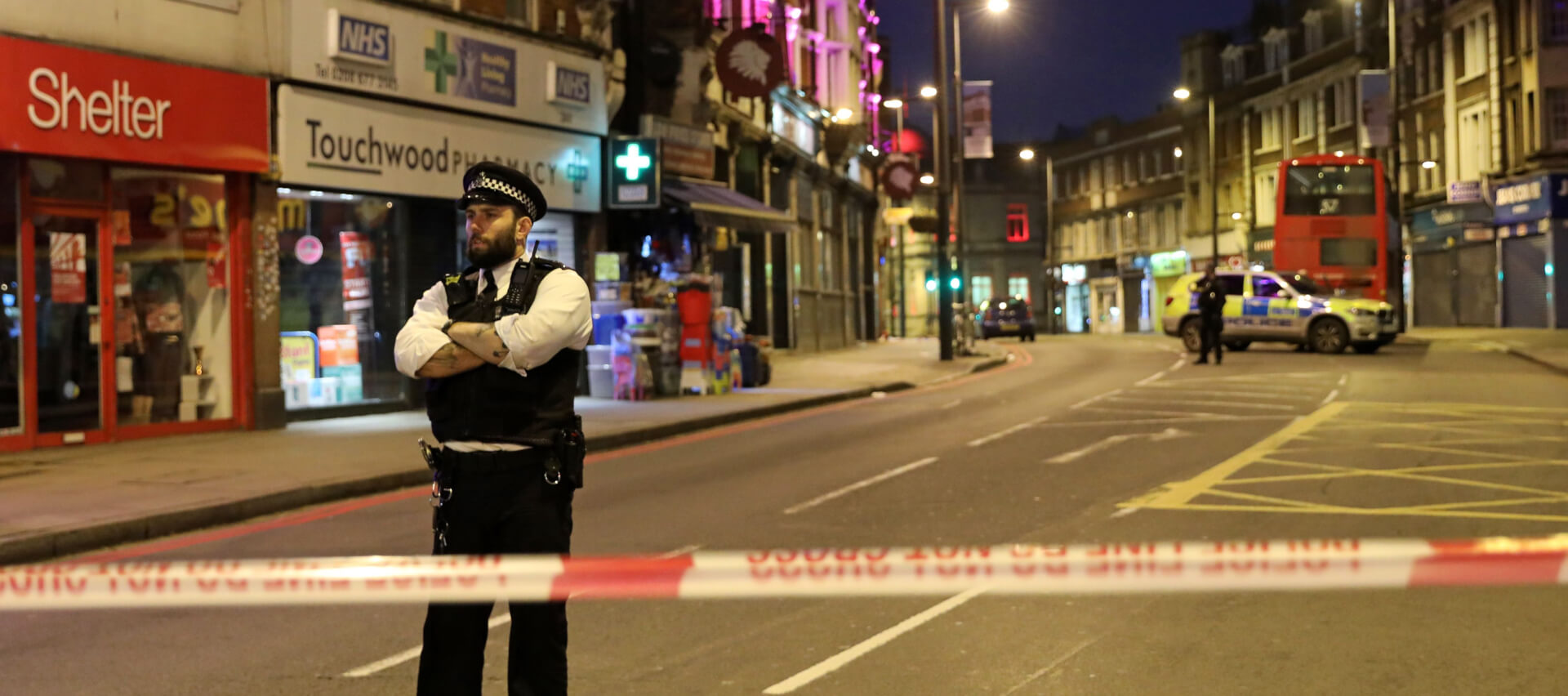In response to the Streatham terror attack on Sunday, the UK Government announced its plan to introduce an “emergency legislation”. This attack is the third such incident in the past two months wherein the attacker was previously convicted of acts relating to terrorism. The proposal is currently being reviewed.
There are three salient features of this legislation. The first is the revocation of the law that allows for the automatic release of prisoners before the end of their sentence in terrorism-related crimes. Justice Secretary Robert Buckland said that their release will now be subject to a risk assessment by the Parole Board upon completion of two-thirds of their sentence.
The second aspect is related to the sentencing of such prisoners. The law calls for a full review of the maximum prison sentence by the Parole Board. The Board is allowed to indefinitely imprison individuals who have committed offences of all levels of seriousness. The law will apply to individuals charged for low-level propaganda crimes such as collecting and disseminating terrorist materials. Furthermore, it will ensure that those convicted of serious offences, such as preparing for violent acts or association with a terrorist organisation, would spend a minimum of 14 years in prison.
The third feature is of retrospective application of the law. The law will apply to existing and future prisoners. There is, however, no information on the number of prisoners that will be affected by the implementation of the law.
There are growing concerns surrounding the increasing radicalisation of prisoners in the UK. A report by The Independent revealed that around 800 inmates are suspected of having extremist tendencies. Jonathan Hall, who was appointed as the Independent Reviewer of Terrorism Legislation in 2019, said that there is a need to recognise that “terrorism offending does not stop at the prison door and there is no automatic ‘job done’ when a terrorist is behind bars”. In light of this, he cited the need to make significant reforms in the existing system to tackle the radicalisation of prisoners.
However, critics believe that increasing the penalty of individuals charged with low-level offences could lead to further radicalisation. Human rights group Liberty highlighted the detrimental effect of this law on prisoners' civil liberties. Liberty's advocacy director, Clare Collier, said that such measures, which require no review or evidence, are dangerous. Labour Party representatives believe this to be a distraction from the current government’s short-sighted policies that have brought the criminal justice system to a breaking point.
This decision comes after a barrage of criticism against significant cuts to prison funding. These decisions have allegedly made the communities less safe for the residents. While certain groups are prepared for a legal battle to contest the validity of the law, the UK government’s commitment to reforms in the criminal justice system appears to be impervious.
Image Source: New Statesman

